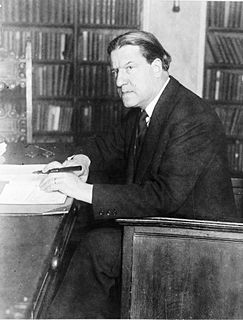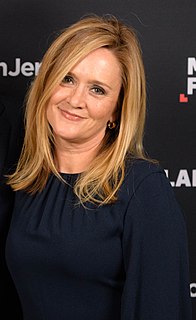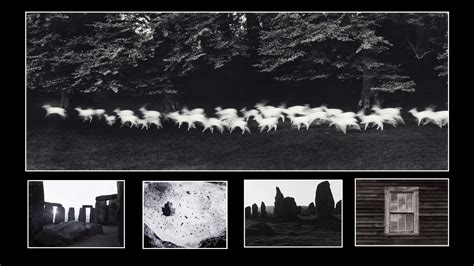A Quote by Robert Rauschenberg
Photography has always been a major part of my vision: my excuse for meddling with what the world looks like.
Related Quotes
Anthropology... has always been highly dependent upon photography... As the use of still photography - and moving pictures - has become increasingly essential as a part of anthropological methods, the need for photographers with a disciplined knowledge of anthropology and for anthropologists with training in photography has increased. We expect that in the near future sophisticated training in photography will be a requirement for all anthropologists. (1962)
This idea of imposing an order is very interesting to me. Photography is in essence an analytic medium. … In photography, you start with the whole world and every decision you make imposes an order on it. The question is to what extent it’s an idealized order I’m imposing or is it an order that grows out of what the world looks like.
In my years of photography I have learned that many things can be sensed, seen, shaped, or resolved in a realm of quiet, well in advance of, or between, the actual clicking of shutters and the sloshing of films and papers in chemical solutions. I work to attain a state of heart, a gentle space offering inspirational substance that could purify one's vision. Photography, like music, must be born in the unmanifest world of the spirit.








































